Recently I received an email about someone on the autism spectrum who had writing difficulties, even after receiving tutoring from Sylvan Learning Center and their schools learning disability center. Part of the reason Sylvan might not work for clients on the autism spectrum is because traditional writing interventions do not address the communication issues inherent in having weak Central Coherence, ability to see the big picture, and problems with Theory of the Mind, perspective taking, that people identify with autism share. Deficient skills in these areas can interfere with the ability to connect their ideas to others.
In order to improve writing skills for people on the autism spectrum identifying the specific lagging skills is essential, as well as, identifying strengths and special interest that can be used to augment those lagging skills. Sometimes for people with ASD the problem is syntax and grammar, but more than likely it is concept development and semantics or a combination of all. These problems can be difficult to manage because they are further affected by the same difficulties that make it hard for them to acquire social language, narrow focus, and inability to connect with others. As mentioned in a previous post, people on the autism spectrum do not attend in the same way that is seen in typically developing individuals. Often this issue is reflected in their writing. Therefore, their writing difficulties are more complicated than conventional writing difficulties and require a highly individualized approach.

